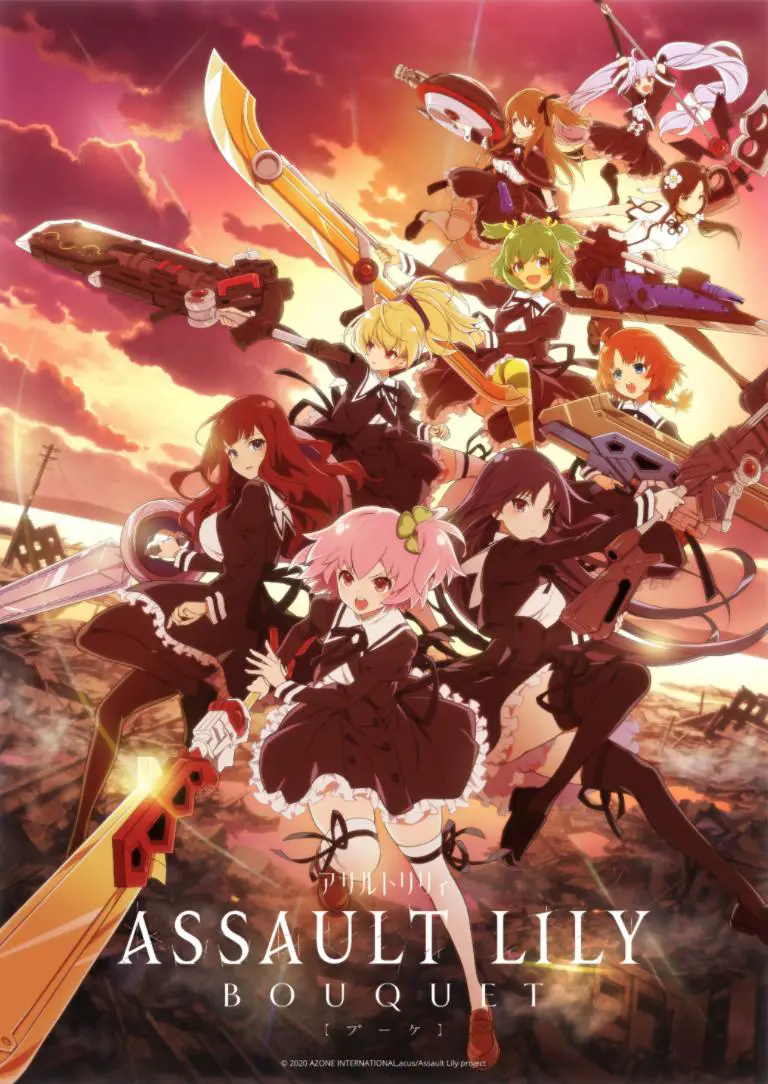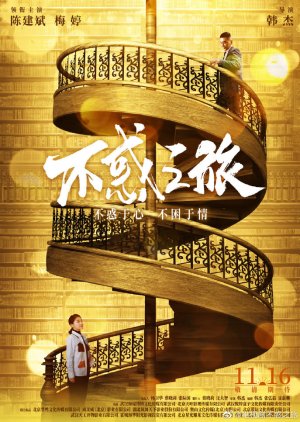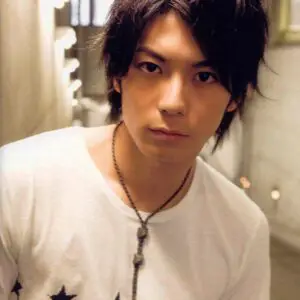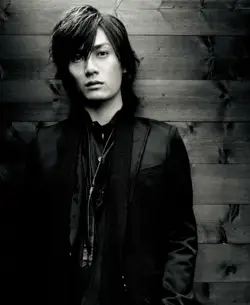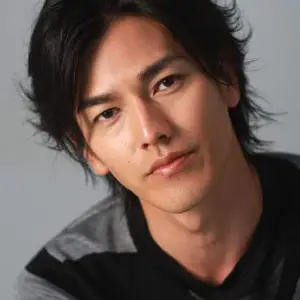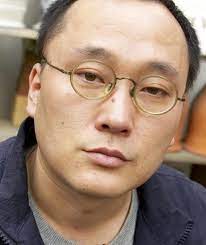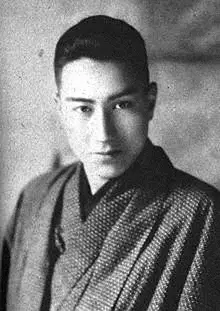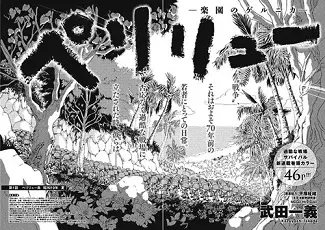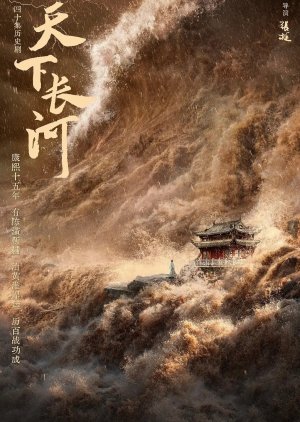
Drama-Digest
The young Emperor Kang Xi holds civil service exams to find brilliant people to address the Yellow River issues following a significant flood during the 15th year of his reign, giving the 24-year-old Chen Huang an opportunity to emerge. This play is based on actual historical events and features true tragedy, political tension, and difficulties among its many real-life characters. All actors acted very relaxedly, not strictly adhering to Imperial regulations and bending to create some amusing sequences.
The Feel-Good Part
The acting was fantastic, the actors worked well together, the soundtrack was excellent, and the performers portrayed literacy. It’s a tremendous watch, even though it’s probably not the drama that would “hit the roof” with audiences. The enormous cast of characters felt incredibly complex and accurate. The Emperor displays his childlike enthusiasm, the burden of being the ruler, and his distrust that almost spells doom. Suo E Tu and Ming Zhu, two of his court ministers, are influential but also greedy and frequently humorous. Although highly skilled, Jin Fu is inflexible and a workaholic who neglects his family. While Gao Shi Qi, a friend of Chen Huang, possesses a wicked sense of political savvy, Chen Huang is an uncontrolled, passionate individual. Meanwhile, the third member of their triad, Xu Qian Xue, succumbs to the rigors of court life. The drama is a character study of what it takes to bring about change and the obstacles that hinder great things from happening, even though the audience may not agree with every character’s behavior on screen.
The Disappointing Factor
The subject matter of this drama can be severe (many deaths from flooding), and the political jargon can make some of the information unclear, dry, and dense. This is the portion where viewers may find this drama challenging. Although the show is not graphic, there are times when it can be upsetting and upsetting. Furthermore, keeping up with all the titles, names, locations, etc., will be challenging because this drama is heavily based on history. Even with subtitles, the steady flow of information might be overwhelming, despite the show’s laser-like effort to keep it manageable. In this drama, there is essentially no female lead. It is the Empress Dowager Xiao Zhuang, if there is one. Instead, it is evident from this drama that men rule it and dominate the major plot threads. If you want to watch a love plotline that will touch your heart, it’s best to search elsewhere because this drama is all work and little play.
In-Depth Analysis
This drama gets off to a good start with a more accurate depiction of the Qing Dynasty in action. It is very reviving that the characters are not portrayed by the so-called “fresh meat” cadre that usually ruins everything else. In this case, the Kangxi Emperor is more like his historical counterpart, a well-known workaholic, than the figure typically portrayed as spending more time in his harem than in charge of the country. Another standout is the role of Empress Dowager Xiao Zhuang, the woman behind the man, who significantly impacted Kangxi’s upbringing and played a crucial role in the Dynasty. Her actress gave a restrained portrayal to reflect her real-life counterpart. The three actors that play Chen Huang, Jin Fu, and Yu Zhen Jia each give great performances as their characters.
Star Power
Luo Jin, who is present, is a very laid-back Emperor KangXi who is nevertheless very ambitious, intelligent, focused, and committed to his people and kingdom. He also has a good understanding of politics and his officials. He tried to find a solution for the river but was unsuccessful, so he hired outstanding people by holding a national scholar test. He connected with Chen Huang by happenstance and was chosen to work with Jin Fu, the governor of a province directly impacted by the flood, and dealt with the disaster firsthand.
Overall Opinion
Overall, an intense series with well-acted characters but is hindered by needless political propaganda and the overuse of cliches that can be seen in virtually every historical drama. As long as one can look past its glaring shortcomings, it is still one of the best Qing-era dramas. The final sad transition is delightful. To fall in love with Chinese culture, one must watch this show.

